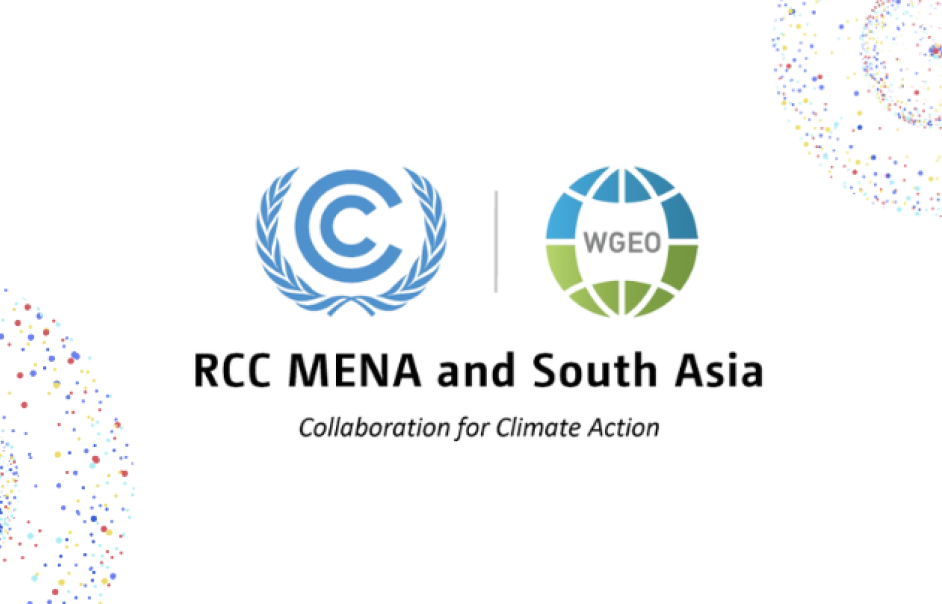SB60 Side Event Enabling Environments for Ambitious and Implementable NDCs 3.0
At the SB 60 Climate Change Conference in Bonn, the UN Climate Change secretariat, UNFCCC-WGEO Regional Collaboration Center for MENA and South Asia, NDC Partnership, UAE Ministry of Climate Change and Environment are co-organizing a side event on Enabling Environments for ambitious and implementable NDCs 3.0.
The side event will bring together countries and development partners to present innovative tools and good practices to enhance national capacities and institutional arrangements for the next round of NDCs.
Objectives
Given the importance of institutional arrangements, whole-of-society, and whole-of-government approaches in enhancing ambition and ownership of NDCs, this side-event will bring together countries and development partners to present innovative tools and good practices to facilitate the enhancement of national capacities and institutional arrangements for the next round of NDCs with the aim to:
Increase awareness on institutional arrangements to plan for, develop and implement NDCs
Discuss ambition in the next round of NDCs, and institutional arrangements, can support more ambitious targets
Share national examples of institutional arrangements for NDC enhancement and implementation as best practices
Showcase the NDCs 3.0 Navigator tool which can provide countries with options and resources to facilitate their efforts for preparing new NDCs
Enhance regional awareness on the institutional settings and enabling environments through the RCCs and their networks
Background
The Global Stocktake (GST) outcome agreed at COP28 underlined that despite overall progress on mitigation, adaptation and means of implementation and support, Parties are not yet collectively on track towards achieving the purpose of the Paris Agreement and its long-term goals, and encouraged Parties to come forward with ambitious, economy-wide emission reduction targets, covering all greenhouse gases, sectors and categories and aligned with the 1.5°C limit in their next round of NDCs. Moreover, the Outcome of the GST has invited all Parties to put in place new or intensify existing domestic arrangements for preparing and implementing their successive NDCs. The latest science from the UN’s Intergovernmental Panel on Climate Change (IPCC) indicates that greenhouse gas emissions need to be reduced by 60% by 2035, compared to 2019 levels and that adaptation and mitigation must be pursued with equal force and urgency to advance sustainable development for all.
This is a critical time. The next round of NDCs is due in 2025. These new NDCs are to represent a progression from current NDCs, reflecting a Party’s highest possible ambition and to be informed by the outcomes of the GST. The GST also encourages Parties to in their new NDCs, incorporate ambitious, economy-wide emission reduction targets, covering all GHGs, sectors and categories and be aligned with limiting global warming to 1.5 °C, as informed by the latest science, in the light of different national circumstances.
To accelerate the transition at the scale and speed required to meet these goals, it is critical to foster innovative and efficient approaches to building and implementing ambitious NDCs including through robust and sustainable institutional arrangements, as well as inspiring and informative resources from and exchanges with diverse stakeholders.
